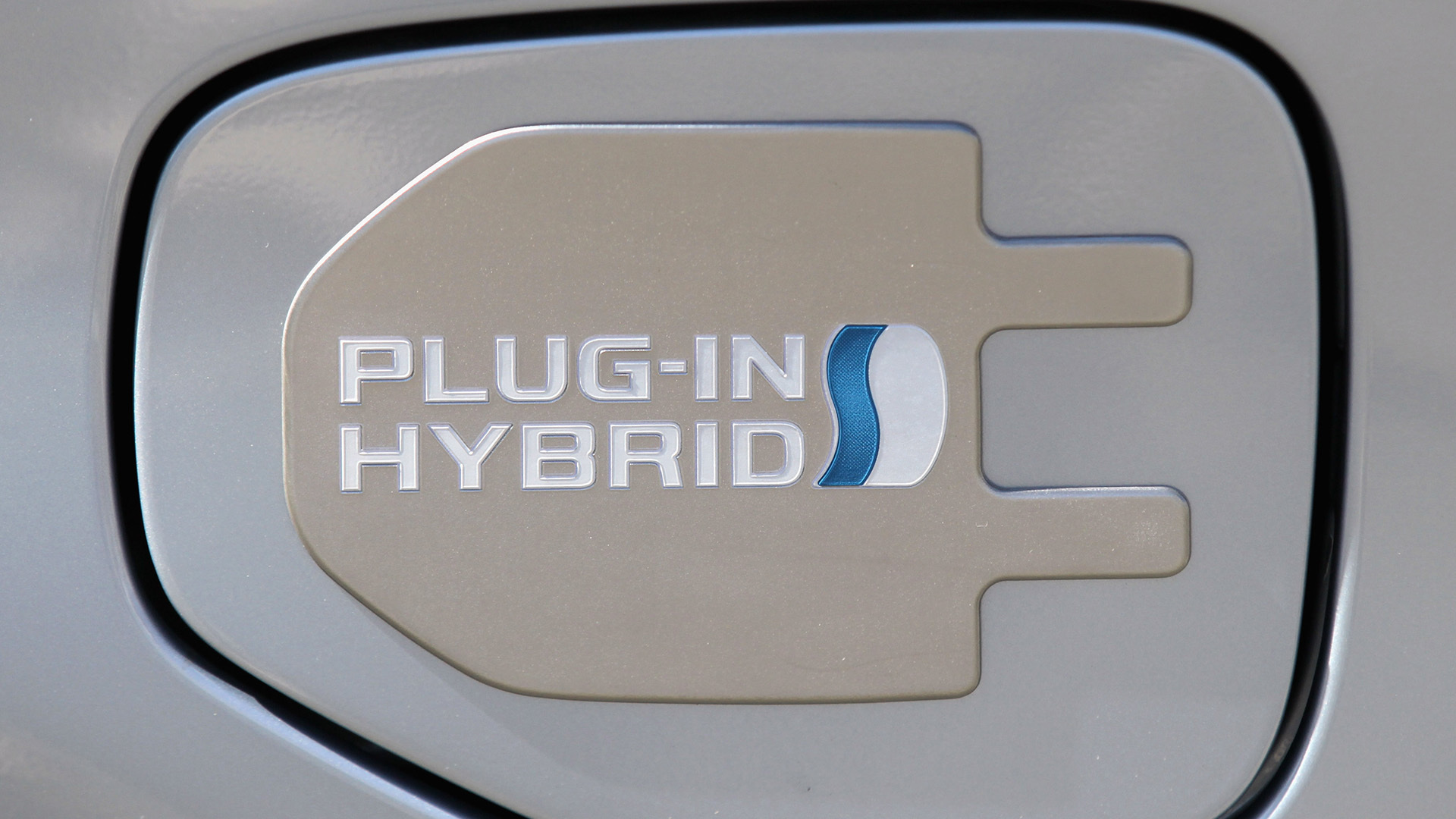
[JACK AYLMER]
EV SALES BROKE RECORDS LAST YEAR.
BUT SO IN FAR IN 2024, PEOPLE HAVE BEEN MORE INCLINED TO BUY HYBRIDS OVER THEIR FULLY ELECTRIC COUNTERPARTS.
AND THAT COULD LEAD TO MORE OPTIONS FOR DRIVERS.
WHILE EVS SAW A 13% JUMP IN SALES GROWTH TO START THE YEAR, HYBRIDS HAVE NEARLY QUADRUPLED THAT FIGURE.
AND HYBRIDS ARE COMING OFF DEALERS LOTS THREE TIMES FASTER THAN EVS AND TWICE AS FAST AS GAS POWERED CARS.
INDUSTRY EXPERTS AND AUTOMAKERS HAVE ATTRIBUTED THIS SURGE TO WHAT THEY CALL A HALO EFFECT FROM EVS.
ESSENTIALLY THERE’S A WAVE OF EV-CURIOUS SHOPPERS CHOOSING TO PUMP THE BRAKES ON GOING FULL ELECTRIC.
HYBRID MODELS AREN’T AFFECTED BY CLASSIC EV CONCERNS LIKE BATTERY RANGE AND CHARGER AVAILABILITY.
HYBRIDS ARE ALSO BECOMING MUCH MORE AFFORDABLE.
IN 2007, A HYBRID COST OVER 40% MORE THAN A GAS POWERED VEHICLE.
NOW, THAT DIFFERENCE IS DOWN TO JUST 9%.
AND WHEN COMPARED TO AN ELECTRIC VEHICLE, ON AVERAGE A HYBRID IS ALMOST 50% CHEAPER.
THAT’S EVEN BEFORE ADDING ADDITIONAL COSTS ASSOCIATED WITH EV OWNERSHIP.
THINGS LIKE A HOME CHARGER INSTALLMENT, MORE EXPENSIVE MAINTENANCE FEES, AND UNCERTAINTY OVER THE VEHICLE’S RESALE VALUE.
THE RECENT UPTICK IN HYBRID SALES HAS LED A NUMBER OF AUTOMAKERS TO REEVALUATE THEIR PLANS RELATED TO THESE VEHICLES.
NISSAN AND VOLKSWAGEN ARE LOOKING INTO INTRODUCING SOME PLUG-IN HYBRIDS TO AMERICAN CUSTOMERS.
GENERAL MOTORS, WHICH ONCE SAID IT SAW NO FUTURE FOR HYBRIDS IN ITS U.S. LINEUP, WILL NOW BE ROLLING OUT NEW MODELS IN NORTH AMERICA.
AND FORD IS PLANNING TO QUADRUPLE ITS HYBRID SALES OVER THE NEXT FIVE YEARS.
ULTIMATELY, ELECTRIC VEHICLES ARE STILL EXPECTED TO PLAY A MAJOR ROLE IN THE FUTURE OF TRANSPORTATION, ANTICIPATED TO SURPASS TWO THIRDS OF GLOBAL CAR SALES BY THE END OF THE DECADE.
BUT IN THE MEANTIME, DRIVERS ARE LOOKING TO HYBRIDS AS A WAY TO BRIDGE THE GAP FROM CONVENTIONAL CARS AMID THIS EV TRANSITION.











